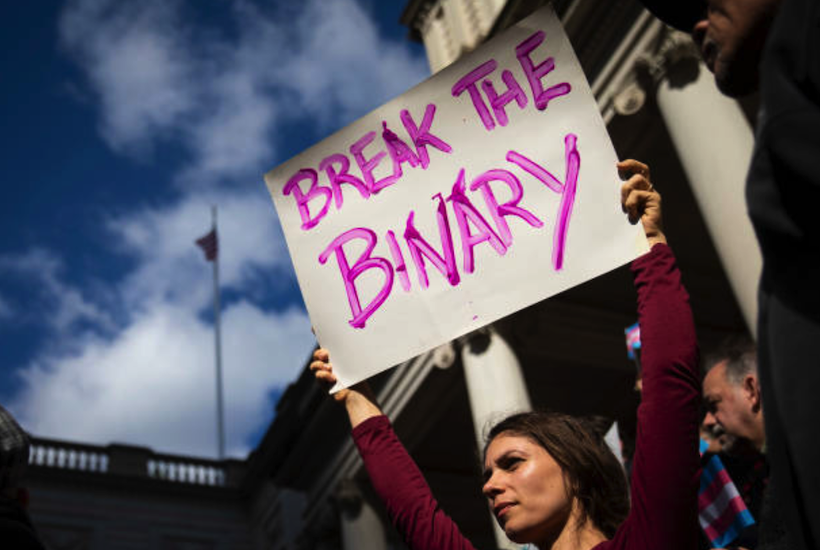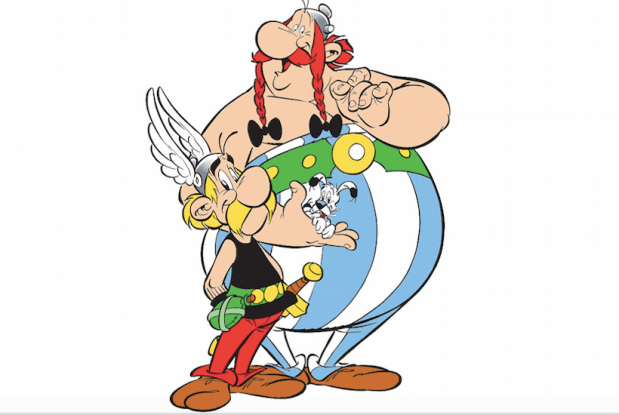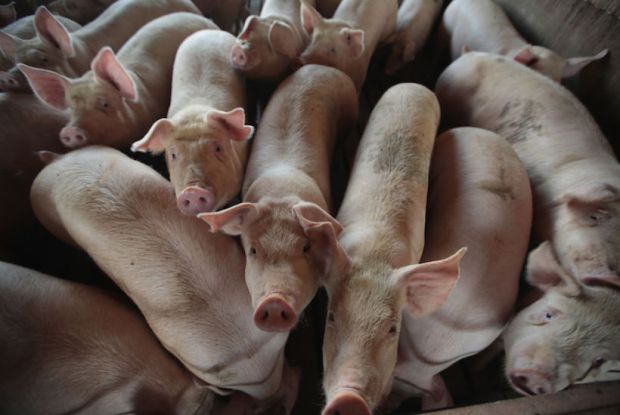Another week, more wearisome woke worthiness. This week has been a cracker for woke watchers, with everything from toxic masculinity and the ‘murder’ of ‘non-humans’ to those hard-to-escape trans rights, and the world’s favourite redhead (no, not His Royal Wokeness, the Consort of Meghan). Read on for another peek into the wonderful world of woke.
A storm in a shaving cup
Ah! Toxic masculinity, there’s something you can really get your perfectly groomed stubble into. Hot on the heels of the American Psychological Association issuing new guidelines to help psychologists work with men and boys (because, as we all know, “traditional masculinity is psychologically harmful’), Procter and Gamble have come in from the patriarchal cold. Their latest Gillette TV ad eschews their former ‘sexist’ appeals to men and opts instead for a bit of reformed multi-national moralising, with white guys front and centre as the perpetrators of all things toxic.
Calls from some conservative sources for a boycott of Gillette products have been lambasted throughout the media, social and otherwise – you know, by the kind of social justice warriors who call for boycotts against companies not on board with their PC agenda and thought it was ok for people who opposed same-sex marriage to lose their jobs. Apparently, all’s fair in the pursuit of wokeness.
Tintin ear
Tintin – the cartoon boy wonder, reporter and adventurer loved around the world – is under woke fire on his ninetieth birthday. Heirs of Tintin’s creator, Hergé, have decided to produce a remastered digital version of Tintin in the Congo to celebrate Tintin’s first appearance in the Belgian newspaper Le Vingtième Siècle in 1929 but cries of racism are already ringing in the woke echo chamber.
Not surprisingly Tintin in the Congo features cartoon images of the Congolese people (then under the control of Belgium) according to norms of the day. Campaigners have previously tried to have the book banned but a Belgian court ruled in 2012 that “neither the story, nor the fact that it has been put on sale, has a goal to… create an intimidating, hostile, degrading or humiliating environment“. I’m only surprised that we don’t hear more about Tintin’s innate sexism, given that all the main characters are white males, even Tintin’s trusty canine sidekick Snowy.
Transcontinental
Both sides of the Atlantic have experienced ‘trans rights’ controversies this week. In Britain, hospitals are allowing men who ‘self-identify’ as women to share female wards, despite official policy to eliminate mixed-sex wards.
In Canada, 18-year-old Blair Curtis has filed a human rights complaint against the Newfoundland and Labrador province. Curtis has been undergoing hormone replacement therapy, the beginning of a “gender-confirmation process” to “transition from female to male”. A mastectomy cannot be approved for Curtis until a psychiatric assessment is undertaken because the provincial Medical Care Plan considers that Curtis has a “sex disorder”. Curtis is outraged at this suggestion, insisting that “I just identify differently than cisgender people do.”
Non-human animals are animals, apparently
This week saw the launch of The Invisible Reich, an action-adventure novel by Canadian lawyer and animal rights activist Kenneth Allan Pazder. Here is the book’s breathless blurb:
Kenneth Joseph Ares Pearce, ex-special forces soldier extraordinaire discovers a war going on right under his nose. It’s global and ubiquitous, claiming 30,000,000 casualties a day—every day, seven days a week. Despite the staggering numbers, this war remains largely invisible to the masses or should we say the Master Species who have been lead [sic] to believe that animals exist solely for their benefit—for food, clothing, medical experimentation and amusement. Worst of all it’s all completely LEGAL!
Psychology Today presented an interview with Pazner conducted by Marc Bekoff PhD, author and cognitive ethologist. Bekoff considers the book has a “unique way of exposing the rampant global legal abuse of nonhuman animals (animals)”. Pazner states that “The Invisible Reich draws the analogy between Hitler’s notorious Third Reich and mankind’s (a.k.a. “the master species”) egregious treatment of animals.” Enough said.
Got something to add? Join the discussion and comment below.
Got something to add? Join the discussion and comment below.
Get 10 issues for just $10
Subscribe to The Spectator Australia today for the next 10 magazine issues, plus full online access, for just $10.


























Comments
Don't miss out
Join the conversation with other Spectator Australia readers. Subscribe to leave a comment.
SUBSCRIBEAlready a subscriber? Log in